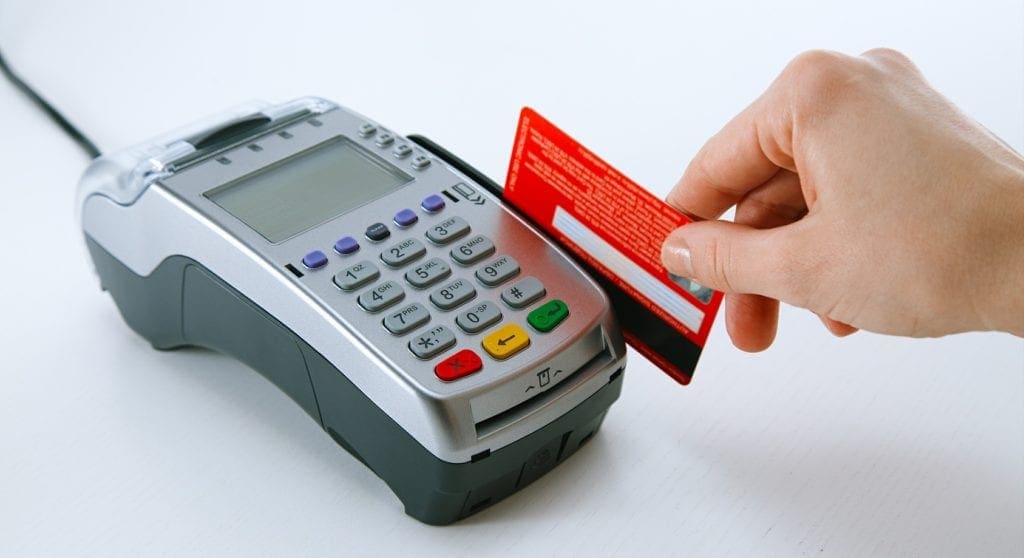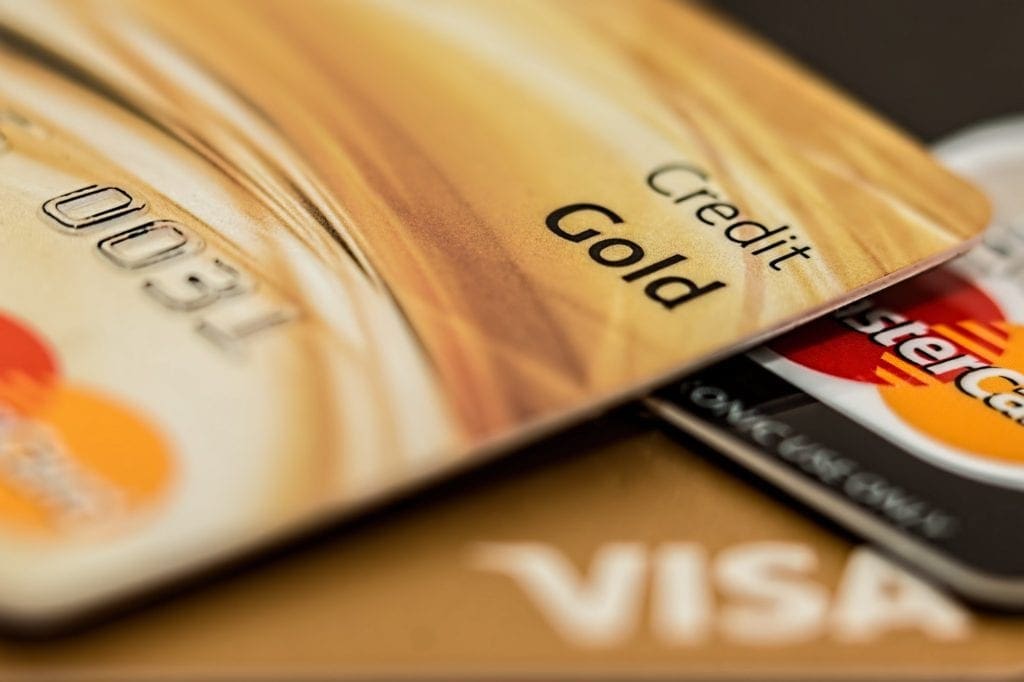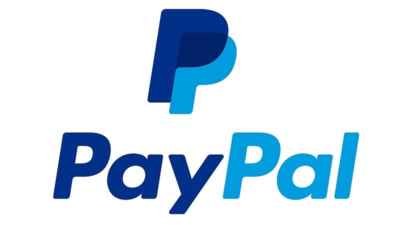Best Credit Card Processing Rates for Businesses
When it comes to business spending, you want to get the best deal possible. Discover the best credit card processing rates for business.
Do you accept credit cards for your products or services? If not, you should consider adding a credit card processor to your payment options.
According to Small Business Trends, accepting credits cards increases overall sales and amount spent per purchase. Accepting credit cards also broadens your customer base and increases cash flow by speeding up re-occurring payments.
If you are ready to start accepting credit cards you should first get smart on credit card processing rates and how to choose the right processor for your business.
Understanding What Goes into Credit Card Processing Rates
There are three main ways credit card fees are assessed. While the fees may seem confusing there is a logic to why there are there and where they come from.
There are key players in the credit card processing game and all of them have fees to cover their expenses for processing the credit card for you.
The players are the issuing bank, credit card associations (Visa, MasterCard, American Express, Discover), the merchant bank, and the payment processor.

The issuing bank gets a percent of the sale called the interchange.
The merchant bank takes another percentage of the sale.
The credit card associations take an assessment fee.
The payment processor charges a fee for every transaction. This can be a sale, refund, or the transaction when a card is declined.
When you look at a quote for credit card processing you will see a % and a fee. The issuing bank, merchant bank, and credit card association costs are combined and listed as a percentage. And the payment processor fee is listed separately.
Below are the 3 models for assessing credit card processing fees.
Flat-Rate Credit Card Processing Fees
This model is easy to understand. You pay a flat rate (% + fee) for all transactions.
Interchange Plus Credit Card Processing Fees
In this case, the payment processor adds a fixed fee on top of the interchange fees (issuing bank +credit card association). You can see where all your fees are allocated in this model, but it can be cumbersome to reconcile in your accounting software.
Tiered Credit Card Processing Fees
 In this model, the interchange rates are separated by risk category. The processor defines the levels, which can result in higher rates depending on the type of card or credit history of your customers.
In this model, the interchange rates are separated by risk category. The processor defines the levels, which can result in higher rates depending on the type of card or credit history of your customers.
- Qualified Rate: This is the lowest rate, but not the most common type of transaction. To get this rate, the card must be a non-reward earning card and swiped at the terminal. This may work for brick and mortar establishments but is not the rate allocated to the online world.
- Mid-Qualified Rate: This rate is for transactions with a hotel or airline rewards cards and for transactions where you have to key in the credit card number. The rationale for the higher rate is that there is a higher risk of fraud with this transaction.
- Non-Qualified Rate: Everyone else falls into this category. This category includes the other typical rewards cards that don’t fit above and corporate cards. This also includes all the e-commerce transactions.
The difference between a qualified rate and a non-qualified rate can be as high as 1%.
Don’t get too bogged down if you don’t understand all the terms, just check out this handy definition page to help you understand the lingo.
Top 5 Cheapest Credit Card Processors
Now that you understand what goes into credit card processing fees, you are probably wondering what is the average cost for credit card processing? According to The Motley Fool is 1.28% + $0.05 to 2.65% + $0.10 per transaction. Remember, this number is an average and the actual costs may be higher.
 PayPal
PayPal
Did you know that PayPal has both online and in-store processing? Check out their fees page for all the details, but here is the basics for transactions in the U.S.
There are no start-up fees, termination fees, or monthly fees with PayPal, which makes it great for small businesses. PayPal accepts PayPal Credit, Venmo, and all major credit/debit cards both online and in-store. The fees are not different if your customer uses PayPal Credit or another credit/debit card.
If you are selling online and use U.S. dollars the fee is 2.9% + $0.30.
For in-store sales in the U.S. using U.S. dollars, it is 2.7% +$0.30.
 Square
Square
Square is another common payment processor. The charge for the hardware ranges from $10 – $799. The high end includes the tablet, processor, and software.
Their fees for mobile payments and credit/debit cards is 2.5% +0.10, while the fee for manually keyed card information or re-occurring payments is 3.5% +0.15%.
Stripe
Stripe is very common in the online business/e-commerce world. They have a flat fee of 2.9% + $0.30 per transaction. For international transactions, there is an additional 1% fee. This is different than PayPal who charges a different fee for the currency used.
Stripe also has customizable plans which can easily grow with your company.
 QuickBooks
QuickBooks
The benefit of using QuickBooks as it integrates perfectly with their accounting software. They charge 2.4% +$0.25 for in store and swiped transactions. If you invoice your customers, the fee is 3.4% + $0.25. For online or other keyed credit cards, the fee is 3.4% + 0. 25 per transaction.
Before you decide on the right processor for you, be sure to read the fine print to understand all the fees involved. If you are still concerned about the price, consider adding a convenience fee for using a credit card.
What Service or Product Does Your Business Need?
Along with helping you find the right credit card processing rates, we can help you find solutions for over 100 different categories of goods and services. All it takes is one form, to find the local solutions you need for your business.


 PayPal
PayPal Square
Square QuickBooks
QuickBooks